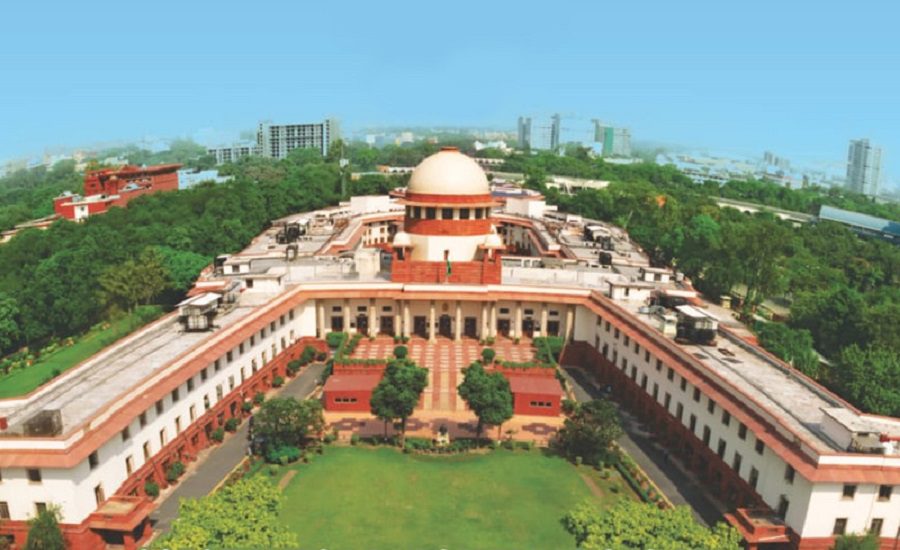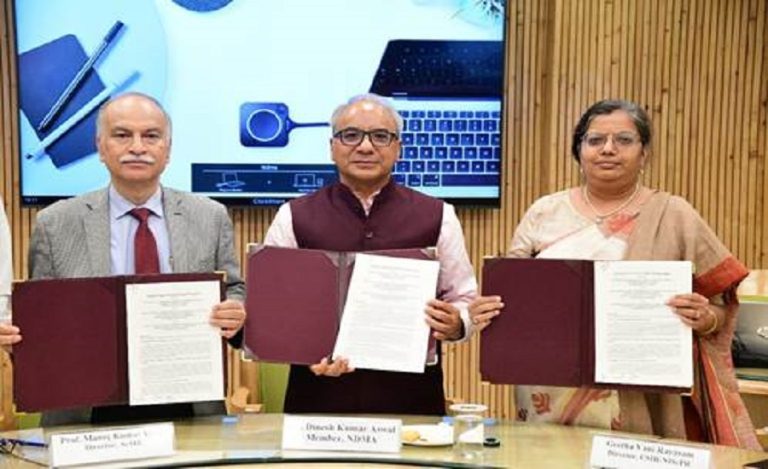New Delhi: In a revealing courtroom exchange that opened the door to larger systemic introspection, the Supreme Court on Monday raised strong concerns about the growing culture of judges attending private social gatherings hosted by lawyers. The case, which initially stemmed from allegations against the Madras Bar Association, has now evolved into a judicial critique of professional boundaries, ethical lapses, and the structural regulation of Bar Associations across India.
The Bench, comprising Justices Surya Kant and Dipankar Datta, did not mince words in acknowledging the danger such informal social interactions pose to the perceived neutrality of the judiciary.
“Two Parties a Week Sends the Wrong Signal”: Senior Counsel
Senior Advocate Sirajudeen, appearing before the court, sounded a clear warning on judicial-social entanglement. He stated that judges receiving frequent invitations and sometimes up to two parties a week by lawyers damages the sanctity of judicial office and raises public doubts about impartiality.
“This culture of informality undermines judicial dignity and distracts from core judicial duties,” he emphasized. His remarks sparked an intense discussion on ethical boundaries and the visual optics of fraternization between the Bar and the Bench.
Structural Gaps in Bar Association Oversight Exposed
The issue swiftly transitioned into a broader conversation on the formation and regulation of Bar Associations. Justice Surya Kant expressed concern over the mushrooming of loosely formed associations, some comprising as few as 10–15 members and lacking any institutional accountability.
Senior Advocate S. Prabhakaran, Vice-Chairman of the Bar Council of India, clarified that only associations with more than 200–300 members are eligible to seek recognition from State Bar Councils. However, Justice Kant noted that the Advocates Act contains no statutory mandate granting Bar Councils oversight over how associations are formed or governed, revealing a major legislative void.
SC Pushes for Professional Reforms in Legal Practice
The Supreme Court seized the opportunity to outline a reformist vision for India’s legal profession. Among the proposals floated during the hearing were:
- Mandatory periodic legal knowledge assessments for practicing lawyers.
- Introduction of quality control mechanisms at the enrollment stage.
- Clearer legal guidelines on recognition and regulation of Bar Associations.
The Bench also directed Amicus Curiae K. Parameswar to assess whether jurisdictional High Courts or State Bar Councils are better placed to regulate recognition standards and internal governance of Bar Associations.
Origin Case Withdrawn, But Reform Agenda Proceeds
The hearing was originally based on a petition accusing the Madras Bar Association of elitism and exclusion, with specific allegations against the now-deceased Senior Advocate P.H. Pandian. However, petitioners withdrew those claims during the hearing, offering no further charges.
Still, the court, treating the matter as one of public interest, chose to proceed with the broader issues of reform. Counsel for the Madras Bar Association did not object to this pivot, indicating consent to judicial introspection over institutional practices.
With this development, the top court appears poised to initiate long-overdue reforms in the legal profession, beginning with the very associations meant to represent it.




























